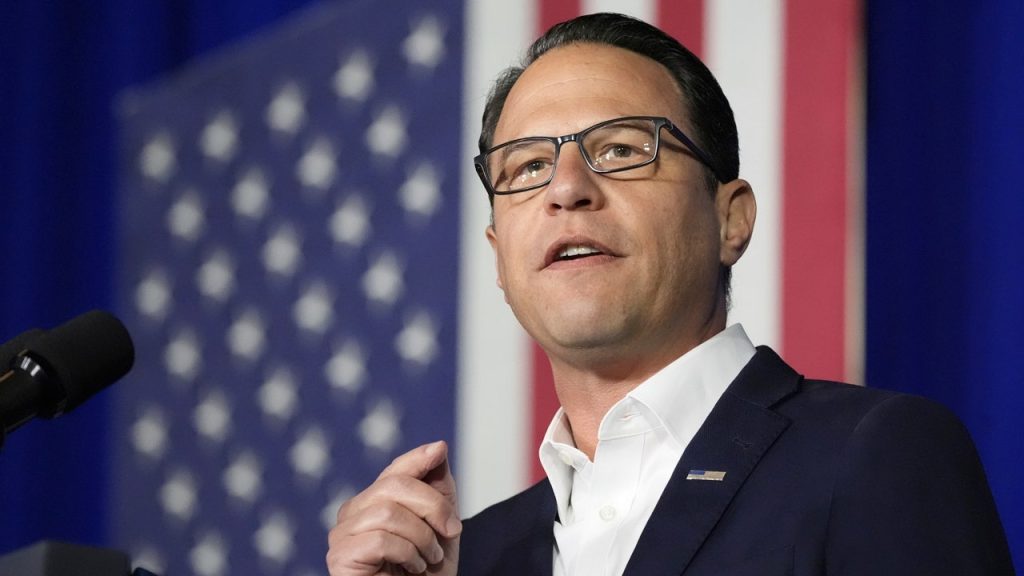Pennsylvania Governor Josh Shapiro, a Democrat, recently faced criticism for an op-ed he wrote over three decades ago where he expressed pro-Israel views and criticized Palestinians. His spokesman emphasized that Shapiro has evolved his views on the Middle East over the years and now values input from various communities in Pennsylvania, including Muslim-American, Arab-American, Palestinian Christian, and Jewish leaders. The essay was from Shapiro’s time at the University of Rochester and his statements about Palestinians not being able to establish a successful homeland on their own have sparked controversy.
As Shapiro is being considered for a potential vice-presidential nomination alongside current Vice President Kamala Harris, his stance on Israel has come under scrutiny within the Democratic Party. Some far-left members of the party with pro-Palestinian views oppose Shapiro’s candidacy, leading to the “No Genocide Josh” campaign. However, some Jewish members of Congress have defended Shapiro, arguing that assumptions that Jewish politicians cannot be objective on Israel are unfair. Shapiro’s team pushed back on the idea that his past writings reflect his current position, emphasizing his support for a two-state solution.
Despite the controversy surrounding his old op-ed, Shapiro reiterated his support for a two-state solution during a recent press conference. He emphasized his belief that both Israelis and Palestinians should have the opportunity to determine their own futures and destinies. Shapiro has also been critical of Israeli Prime Minister Benjamin Netanyahu in the past, calling him one of the worst leaders of all time for steering Israel in the wrong direction. His spokesman clarified that Shapiro’s involvement with the Israeli army was limited to non-military service projects during his time in high school.
The ongoing debate over Shapiro’s views on Israel highlights the complexities of discussing the Israeli-Palestinian conflict within the Democratic Party. While some criticize him for his past statements, others argue that Jewish politicians should not be assumed to be biased on the issue. Shapiro’s evolution on the Middle East has involved building relationships with a diverse range of community leaders and advocating for a peaceful resolution through a two-state solution. As he faces potential vice-presidential nomination considerations, his past writings continue to be a point of contention among party members.


